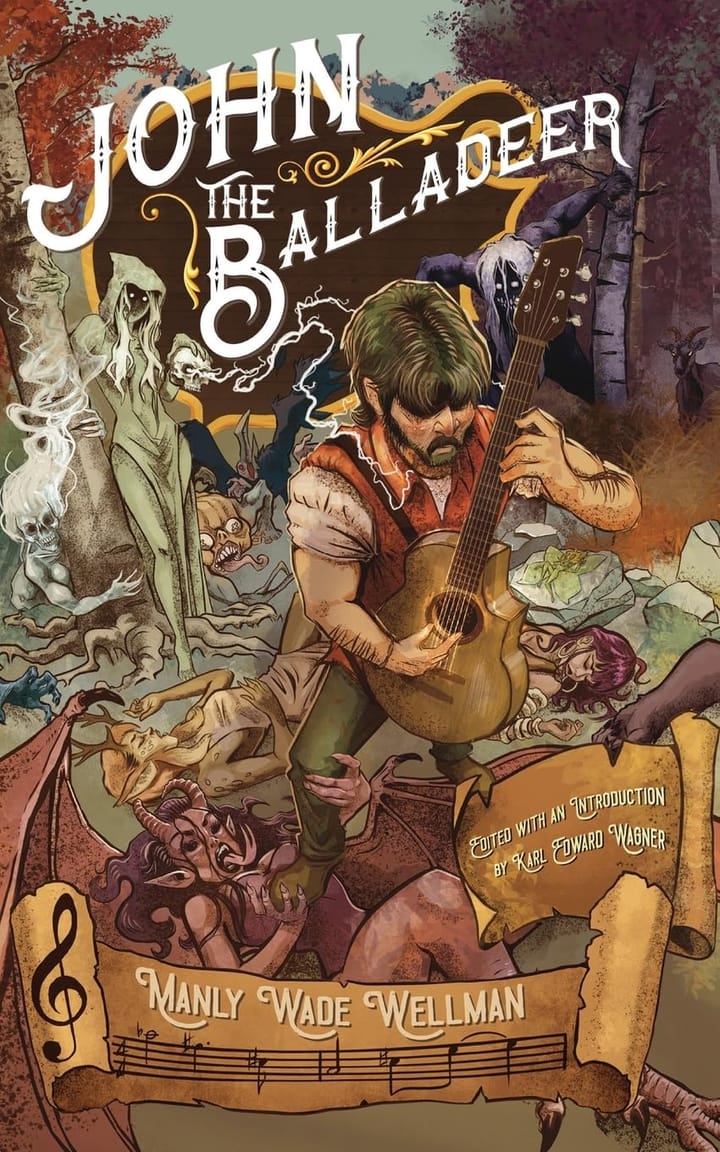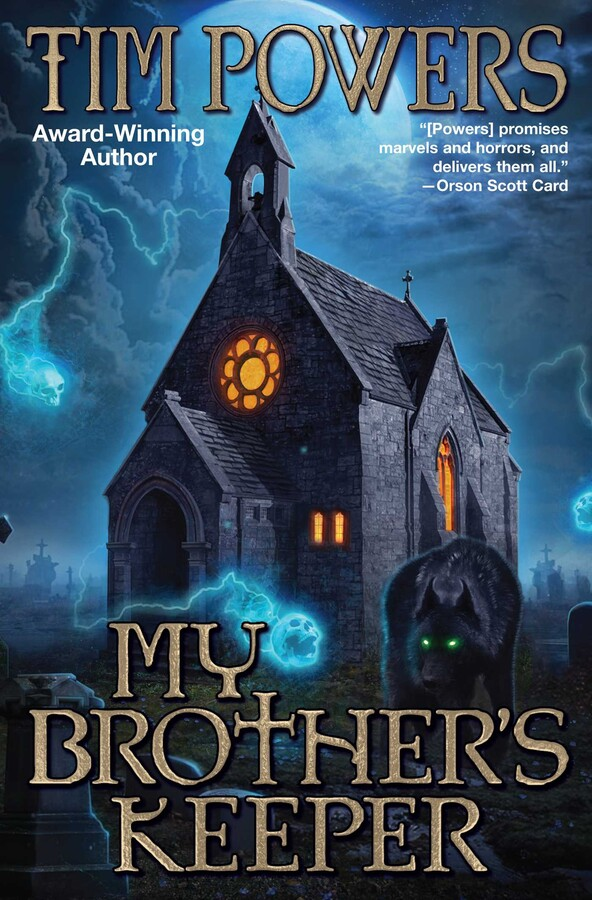The Long View 2004-02-26: The Passion of the Christ
I've never seen Gibson's Passion of the Christ. I probably should, because it is said to be good by people whose judgement I trust, and also because I take my Christianity seriously. However, this review by John J. Reilly makes me think of this recent Twitter exchange:

If Gibson made the Passion today, thanks to George R. R. Martin, perhaps we could have full realism at last.
We are all creatures of our times, and it is good to be reminded that there are taboos all of us are loathe to violate. Even when we set out to violate taboos.
The Passion of the Christ
Directed by Mel Gibson
On Ash Wednesday, February 25, I attended two standing-room-only religious events. The first was a noon Mass, during which ashes were distributed. The homily was given by a priest who is neither stupid nor unspiritual. He commended the season of Lent as a time for healing the damage that the world has done to us, and that we have done to ourselves. The other event was an 8:00 PM showing of Mel Gibson's “The Passion of the Christ,” which is about a man being voluntarily tortured to death during the event toward which Lent looks. Therapy in any conventional sense was beside the point.
I am not the first reviewer to note how much “The Passion” owes to a generation of increasingly graphic horror and action films. Indeed, now may be the first point in several centuries in which a popular presentation of the central events of Christianity could come close to depicting something like what the Biblical texts say. This allows the film to fly under the radar of the whole apparatus of historical criticism and psychological reinterpretation.
Only now do I understand why the Gospels devote so much attention to the passion narratives, and why they do so in a manner so graphic. If our sins are real, and if Jesus took them on Himself in the Crucifixion, then His suffering must have been real. An Atonement that is not bloody is not a credible Atonement; the sins for which it answers could be no great matter. The execution of Jesus was not the worst thing to happen in human history, in degree or in kind. However, in order to bear the burden of that history, it must be as bad as the worst.
In a way, this film for me is an instance of getting what I asked for. Some years ago, I wrote an article for “The New Oxford Review” in which I complained that liturgy and catechesis were being systematically stripped of all sense of mystery. A healthy spiritual life has a place for the uncanny, even the merely spooky. That sense “The Passion” satisfies, with a tact and subtlety of which ordinary supernatural thrillers are rarely capable these days. The devil is a major character in this film, who spreads despair and malice merely by being present. The film hints at a point I discussed recently, that the Romans and Jews lived in different worlds. Pilate was almost a modern man, who read memoranda and worried about how all this disturbance would look to the home office. Jesus and the rest of the Jews, both His enemies and His supporters, lived in a world of spiritual realities that were invisible to Pilate. Jesus' motives were incomprehensible to His judge, even when they were explained.
Having said all that, don't let me give the impression that “The Passion” is a supernatural shocker, or even particularly gory. Despite the appropriation of modern special effects and make-up art, the film is in many ways the opposite of a slasher flick. There is no gratuitous violence. All of it is focused, necessary, and personal. That last is an important point. The scourging of Jesus is less gruesome than many scenes in the recent “Lord of the Rings” movies, for instance, but Jesus is not a nameless Orcs, or even a noble but expendable Rider of Rohan. Despite an almost complete lack of backstory, any viewer will empasize with Jesus. There comes a point in “The Passion” when a stumble while carrying the cross occasions a greater wrench of distress in the audience than a mortar barrage in “Saving Private Ryan.” The depiction of brutality need not be excessive, because the film communicates that the ordeal really hurts.
Not all the mysteries about this film are supernatural. Certainly I have no idea why anyone would assert that the film is antisemitic. The Romans do all the torture and crucifying, and the members of the Sanhedrin do not appear diabolical. There is one point that struck me as odd, however. The Gospels explain that the priests conspired to kill Jesus because the priests feared the Romans might suppress the Temple along with a pretender to be king of the Jews. In “The Passion,” in contrast, Caiaphas is obviously improvising when he tells Pilate that Jesus is a political subversive. His motives are left more obscure than the text suggests.
One objection I share with some critics is that, if the film was going to use the languages of the actual event, one of those languages should have been Greek. It's reasonable that the Romans would use Latin among themselves, and that the Jews would use Aramaic with each other. Maybe Jesus even addressed a few sentences of Latin to Pilate, though that's unlikely. However, it's pretty clear that all the official communication between the Romans and the locals would have been in demotic Greek. The Gospels tell us that the famous placard placed above the head of Jesus on the Cross was trilingual, but that's not the case in this film, unless I missed it.
I would like to make one final point. There have been many effective, even heart-wrenching, dramatic representation of the passion of Christ; one thinks particularly of Bach. Mel Gibson's “The Passion of the Christ” is the only representation of the first order that is not beautiful. The score is fine and the cinematography is good; the acting is unexceptionable. However, this is not a work of art in which the horror of the events it portrays is immediately sublimated into the beauty of the depiction. This film is Christianity without shielding.
Copyright © 2004 by John J. Reilly



Comments ()